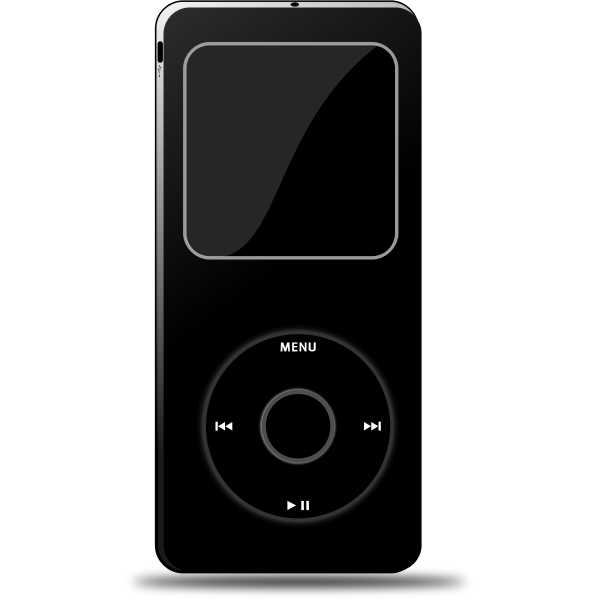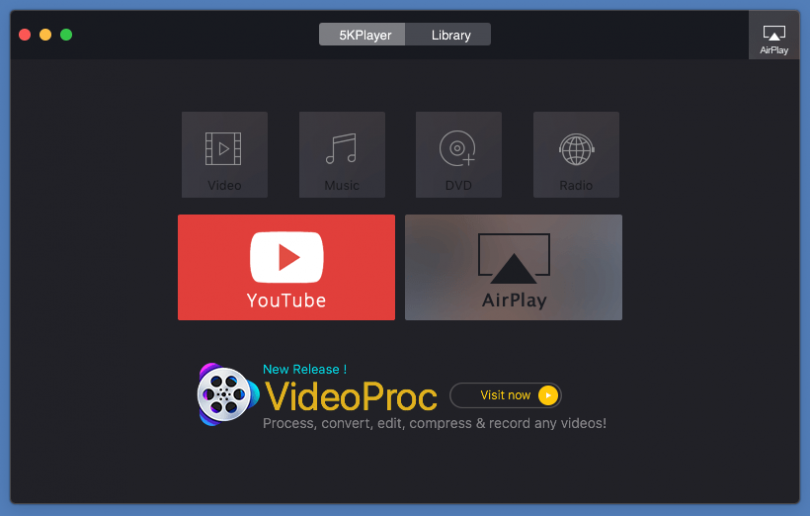

(The closest analogy I have for this sound would be audio that was recorded from a mic with a damaged cable or a fluorescent light that's on its way out. I have no idea how or why, but for some reason the entire thing has a consistent "buzzing" running through it for the duration of the stream. On top of the botched video stream, AVIDemux also made a mess of the audio stream. (I checked the *.m2ts file again just to be sure I hadn't somehow missed this before, and can indeed confirm that it's not there this is a creation of AVIDemux's doing.) To add insult to injury, it also added some obnoxious and ugly macroblocking during a transition near the end of the video. Like VLC, this created a video that I could seek/rewind/fast forward from, but again cut off the ending of the video just like VLC did. (This was fine with me as I figured I would just dump the audio and replace it later if everything worked as expected, which needless to say, it didn't.) I chose AAC (fdk) as my audio codec for testing purposes and "copy" for video.
#Mac media player fast forward mp4
First, AVIDemux doesn't allow me to do a video only output from a file with audio, unless you're dumping the video into a raw file, which means that the audio must be converted as AVIDemux isn't capable of handling linear PCM in the MP4 container.

However, things get interesting if I try to output an *.mp4 file. (Does the *.mp4 not require the *.idx2 file?) If I try to output my video from the *.m2ts file into an MKV container and convert it back to MP4, I run into the same problem where I can't seek/fast forward again. Now if I load up the *.m2ts file, AVIDemux will create an *.idx2 file as soon as it opens the *.m2ts file interestingly it does not do this for the *.mp4 file. I can use the MP4 Muxer or MP4v2 Muxer, but the end result is the same ditto for the MKV Muxer if I output an MKV and convert it back to MP4. If I load the *.mp4 file into AVIDemux and try to rewrap it, I continue to get an unseekable/un–fast forward–able file. The *.mp4 file has no audio in it (video codec only,) and the *.m2ts has both video and audio. For testing purposes I have my original *.m2ts file with audio and video, as well as an *.mp4 file that exhibits the problems described in the first post. Okay, so I tried AVIDemux with what I can only describe as "interesting" results. Does anybody know what VLC is doing to make the file searchable though, and if so, how do it in FFMpeg? At the very least, does anyone know how I can spit out a file that I can rewind/fast forward from in FFMpeg without re–encoding? All I want to do is dump the audio and video from the *.m2ts into an mov/mp4 container and be able to skim forward/backward through the video after doing so. This created a video that I could seek/rewind/fast forward from, but it's definitely not a stream copy as it cuts off the ending of the video and has an offset by something like 37ms that differs from the original file. I told VLC to keep the video (not to re–encode) and did what should theoretically be a stream copy into an *.m4v container, which is what VLC wants to use for the output. The closest I got was when I tried to use VLC to "rewrap" the video. I've tried just sticking the video stream without audio into an MP4 file with the same result, tried adding parameters like -fflags +genpts or -movflags_tmcd on to my stream copy, but nothing has worked so far. Oh sure, I can move the cursor ahead in Finder's "Quick Look," VLC, and in Quicktime, but the video just sort of freeze–frames on the last frame it played and never jumps ahead to where I've moved the cursor. However, no matter what I do, I cannot seek/scrub/fast forward the resulting file, and I have no idea why. To do this I typically use VGTMpeg, which is an FFMpeg variant that has some added capabilities, including the ability to stick linear PCM in an MP4 file. I want to take the video and audio from this file and dump them into an MP4 (or even an MOV) file that open easily in other programs though, without re–encoding anything. If I open the file in VLC, it works as expected there as well. I can open it in Finder's "Quick Look" skip ahead, skip backwards, and basically do whatever I want with it while having it behave as expected. Basically, I created a Blu–Ray compatible *.m2ts file, and that file works just fine.


 0 kommentar(er)
0 kommentar(er)
